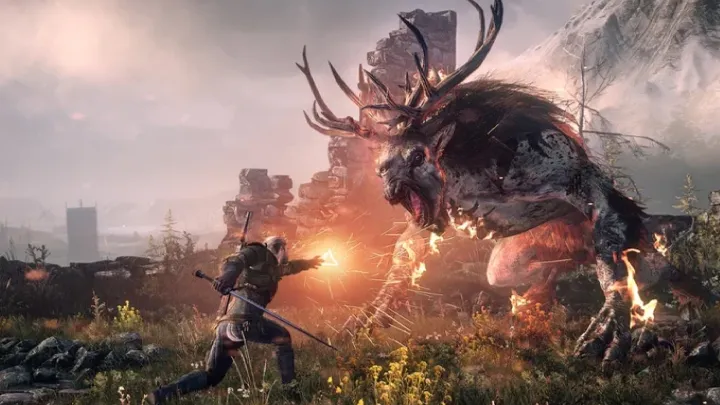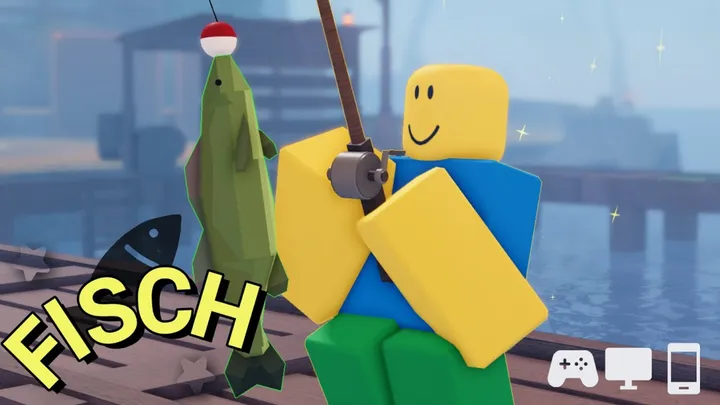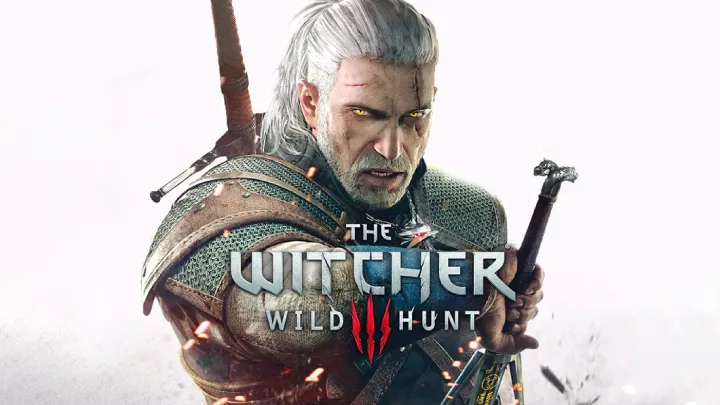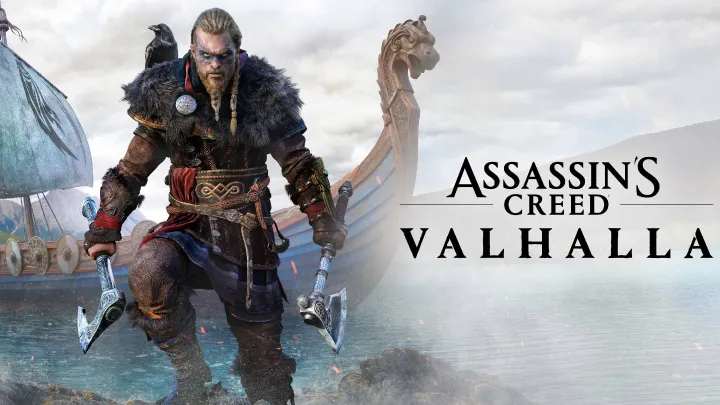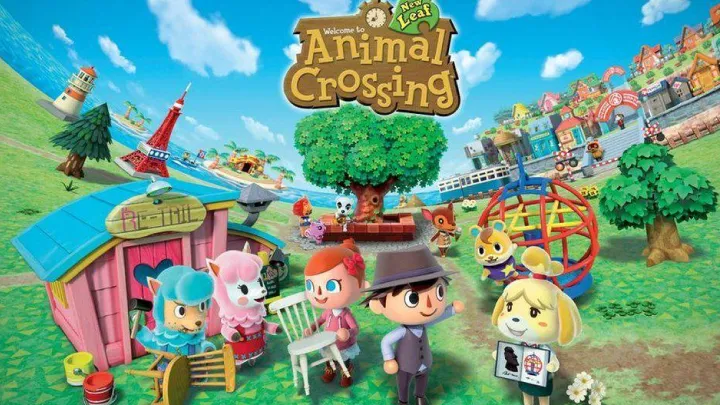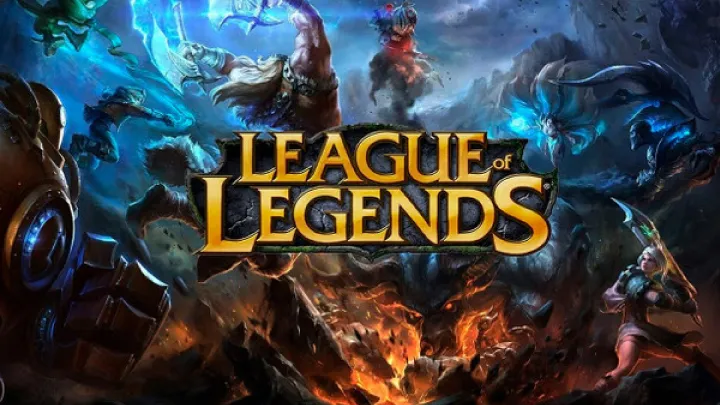Introduction
"The Witcher 3: Wild Hunt," developed by CD Projekt Red, has established itself as one of the most acclaimed role-playing games (RPGs) in recent history. Set in a richly detailed open world filled with lore, quests, and captivating characters, players assume the role of Geralt of Rivia, a monster hunter known as a Witcher. The game masterfully blends storytelling, exploration, and combat, providing an immersive experience that can be both rewarding and challenging. This guide will offer essential tips and strategies to help you navigate the world of The Witcher 3, from combat techniques to quest management and character development.
Understanding the Basics
Introduction to the World
Before diving into the game, it’s essential to understand its setting and mechanics:
- The Continent: The game takes place on a vast continent filled with various regions, each with its own unique culture, creatures, and challenges.
- Witcher Lore: Familiarize yourself with the lore behind Witchers, monsters, and the political landscape. Understanding these elements will enhance your immersion.
Game Mechanics
Understanding the core mechanics can help you adapt to the gameplay:
- Combat System: The combat system involves a mix of swordplay, magic (known as Signs), and alchemy. Mastering these elements is crucial for survival.
- Character Progression: You’ll gain experience points (XP) through quests and battles, which can be used to enhance Geralt’s skills and abilities.
Quests and Storytelling
Main Quests vs. Side Quests
The Witcher 3 features a rich tapestry of quests:
- Main Quests: These drive the primary narrative and involve significant character interactions and plot developments. Completing these is essential for progressing the story.
- Side Quests: Often just as engaging as the main quests, side quests provide additional lore, character development, and rewards. Don’t overlook them!
Quest Management Tips
Organizing your quests effectively can enhance your gameplay experience:
- Tracking Quests: Use the journal to track active quests. Prioritize quests based on your level and the rewards they offer.
- Exploration: Many quests involve exploration. Be thorough in your search for clues and items, as they can lead to valuable rewards.
Combat Techniques
Mastering Swordplay
Combat is a core aspect of The Witcher 3, and mastering it is essential:
- Light and Heavy Attacks: Use a combination of light and heavy attacks to break through enemy defenses. Light attacks are quick, while heavy attacks deal more damage.
- Dodging and Rolling: Timing is crucial in combat. Dodging and rolling can help you evade enemy attacks and reposition yourself for counterattacks.
Utilizing Signs and Alchemy
Witchers possess magical abilities and alchemical knowledge:
- Signs: Familiarize yourself with the five Signs—Aard, Igni, Quen, Yrden, and Axii. Each has unique effects that can turn the tide in battle.
- Aard: A telekinetic blast that can knock enemies back.
- Igni: A burst of fire that ignites enemies.
- Alchemy: Craft potions, bombs, and oils that enhance your combat abilities. Experiment with different ingredients to discover new recipes.
Exploration and Navigation
The Open World of The Witcher 3
The game world is vast and filled with secrets:
- Map Exploration: Use your map to identify points of interest, such as monster dens, treasure hunts, and question marks that indicate undiscovered locations.
- Fast Travel: Unlock fast travel points by visiting signposts. This makes navigating the world much easier, especially when backtracking.
Gathering Resources
As you explore, gather resources to aid your journey:
- Herbs and Ingredients: Collect herbs and ingredients for alchemy. Many plants and items are scattered throughout the world.
- Looting: Always loot defeated enemies and chests. You can find valuable gear, crafting materials, and currency.
Character Development
Skill Trees and Abilities
As you progress, you’ll need to develop Geralt’s abilities:
- Skill Points: Earn skill points through leveling up and allocate them to different categories: Combat, Signs, Alchemy, and General.
- Building a Build: Decide on a focus for your build. Whether you prefer swordsmanship, magic, or alchemy, choose skills that complement your playstyle.
Equipment and Gear
Your gear plays a significant role in your effectiveness in combat:
- Weapons: Equip swords that suit your combat style. Steel swords are effective against humans, while silver swords are best for monsters.
- Armor Sets: Upgrade your armor as you progress. Sets like the Wolf School armor provide bonuses that enhance your abilities.
Engaging with NPCs
Building Relationships
The game features a rich cast of characters, and engaging with them is vital:
- Dialogue Choices: Your choices during conversations can impact relationships and story outcomes. Think carefully about your responses.
- Romantic Interests: Explore romantic options with characters like Yennefer and Triss. These relationships offer unique quests and storylines.
Completing Contracts
Contracts are a great way to earn money and experience:
- Monster Hunts: Accept contracts from notice boards to hunt specific monsters. These quests often require preparation and investigation.
- Researching Monsters: Use the Bestiary to learn about monsters and their weaknesses before taking on contracts. Knowledge is power!
Crafting and Upgrading
Alchemy and Crafting
Crafting plays a crucial role in your survival:
- Crafting Gear: Visit blacksmiths and armorers to craft and upgrade your weapons and armor. Gather the necessary materials to enhance your equipment.
- Potion Brewing: Experiment with different herbs to create potions that improve your abilities during battles. Keep a stock of essential potions.
Upgrading Your Equipment
Regularly upgrading your gear is essential for staying competitive:
- Runes and Glyphs: Enhance your weapons and armor with runes and glyphs to provide additional bonuses. These can significantly improve your combat effectiveness.
- Seek Out Master Craftsmen: Find master craftsmen for high-level upgrades. They offer unique enhancements that can give you an edge in combat.
Managing Your Inventory
Inventory Organization
Keeping your inventory organized can help you manage resources effectively:
- Categorize Items: Keep track of potions, crafting materials, and gear. Utilize the inventory system to sort items for easy access.
- Sell Unwanted Items: Regularly sell or dismantle items you no longer need. This helps you manage space and earn extra currency.
Weight Management
Be mindful of your carrying capacity:
- Avoid Overloading: Weighing too much can slow you down and affect your performance in battle. Keep your inventory light by being selective with what you carry.
- Use Storage: Utilize storage options in inns and your home to store items you don’t need immediately.
Engaging in Side Activities
Mini-Games and Activities
The Witcher 3 offers several engaging side activities beyond quests:
- Gwent: A strategic card game that can be played with various NPCs. It’s a fun way to break up the main gameplay and earn rewards.
- Horse Racing: Participate in horse races to earn money and improve your horse’s abilities. Winning races can also provide unique rewards.
Exploring the Environment
Take the time to explore the stunning environments:
- Hidden Treasures: Keep an eye out for hidden treasures and secret locations. Many areas contain unique items and lore.
- Scavenging: Explore ruins, caves, and other locations to find crafting materials and collectibles.
Conclusion
"The Witcher 3: Wild Hunt" is an expansive and immersive RPG that offers countless hours of gameplay and exploration. By following the tips and strategies outlined in this guide, players can enhance their experience, master combat mechanics, and navigate the rich world of Geralt of Rivia. From understanding character development and engaging with NPCs to exploring the vast landscapes and completing quests, every element of the game adds to its depth and appeal. Embrace the journey, uncover the mysteries of the Continent, and enjoy the adventure that awaits you in The Witcher 3!
